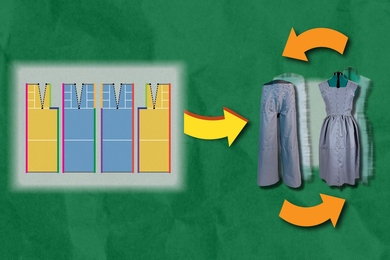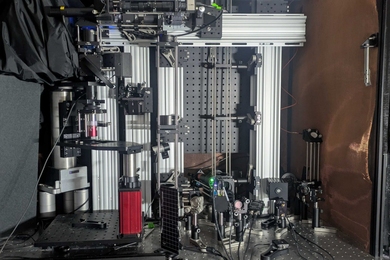Professor Ioannis Yannas, pioneer of regenerative medicine who invented artificial skin for the treatment of severe burns, dies at 90
A beloved member of the Department of Mechanical Engineering for nearly 60 years, Yannas helped save the lives of thousands of burn victims through his research and innovation.














